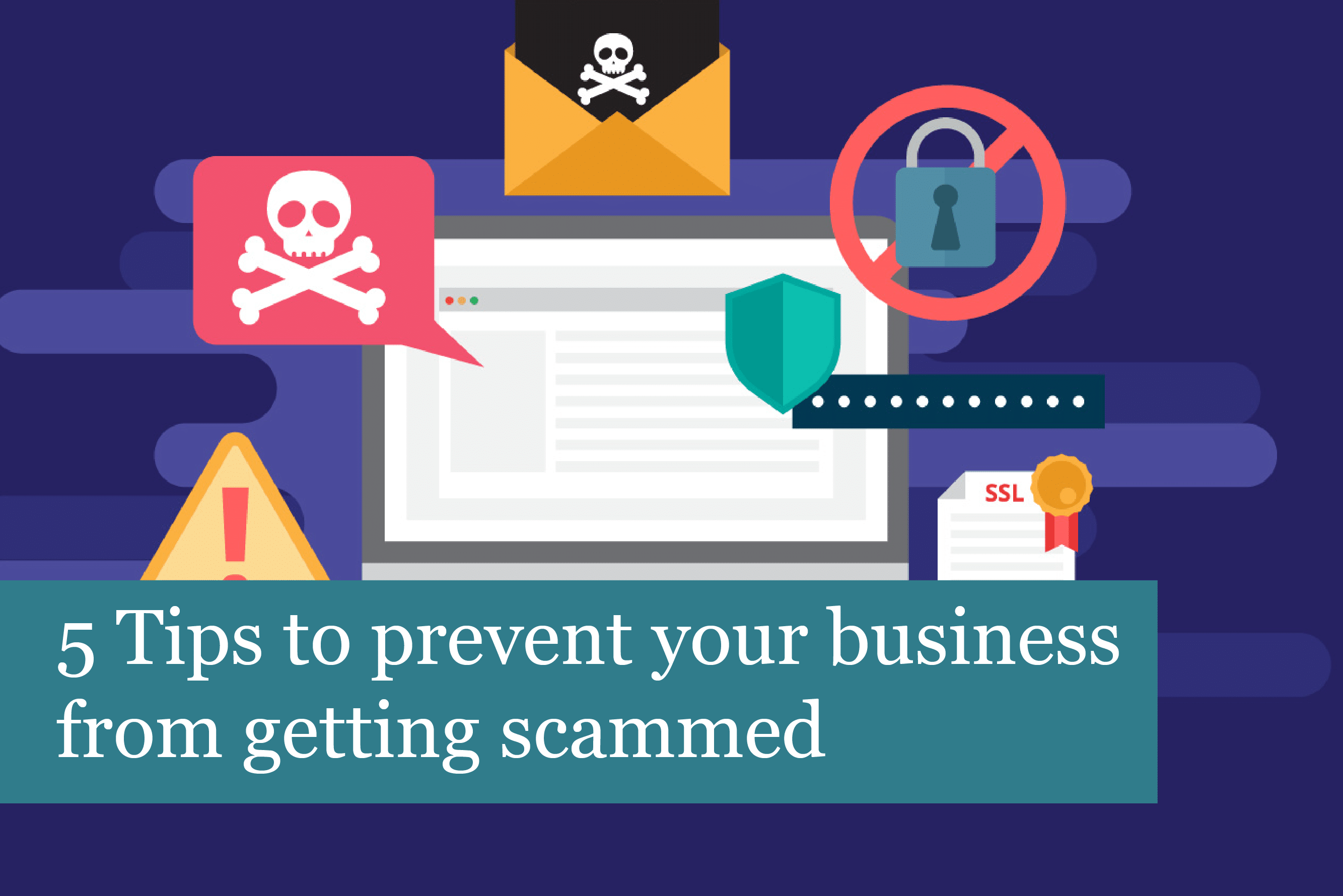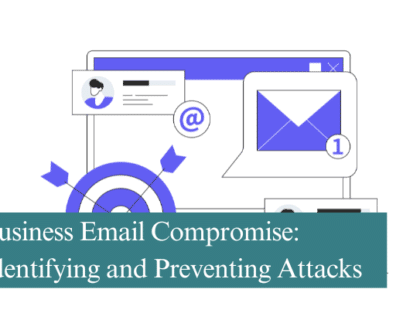
A business can take all the necessary steps to being more secure, and still fall prey to cyber threats. It happens.
According to a recent study by the UK government, cyber security threats have not diminished. Instead, they’ve evolved and have become more frequent. That’s bad news for businesses and individuals. But it’s the way things are, and it’s more important to stay current with your proactive cyber security plan.
In addition, there are some steps you can take to make sure your business is more secure. Let’s take a look.
Simple Methods to Improve Business Security
Here are some methods you can implement to make sure your business makes it more difficult for cybercriminals to cause a data breach:
1). Using strong passwords throughout the company and have a reminder service that lets employees know it’s time to change their passwords.
2). Use multi-factor authentication across the entire company.
3). Earn Cyber Essentials accreditation through the Government scheme.
4). Educate your staff—studies have shown that about 90% of all data breaches [SV4] are caused by human error.
These are all simple ways to make your company more secure. In addition to these, there’s even more you can do to take a proactive stance on cyber security.
5 Tips to Help Employees Stop Your Company from Being Scammed
Here are some more things you can do to help employees to increase the company’s overall security.
Stay Calm
It’s upsetting to receive a message that says someone is in peril and needs money right now. Whether this be from the CEO of your business, for example. That’s scary and upsetting. This is a natural human reaction, and this is the very reaction cybercrooks are looking for.
So, the first thing employees (and everyone in the company) needs to do is to stay calm when receiving this type of message. When a cybercrook sends a message that looks like it came from a higherup, the natural response is to follow through with the payment request. Before taking any action, the person who has received the message should review the email address to see if this is correct or not. If it appears correct, then the employee should verify the information by phone.
However, do not use the phone number, links or attachments that may be included in the email. This is imperative. Doing so could allow malware to download and become installed on the employee’s computer. This can then lead to a network-wide infection.
Requests for a Change of Payment Details
Some fake emails may also make a request in payment details. These emails or messages may appear to be from a supplier, when they’re actually from a cybercriminal. Before making any changes, the employee needs to call the supplier and verify the information received in the email.
Again, do not use any links, attachments, or phone numbers included in the email.
Watch Out
Stay on the alert for fake security alerts. These are also sometimes used by cybercriminals who try to trick employees into believing a security breach has already occurred. They may say this fake breach has taken place in Internet banking or in the company’s network.
In this type of attack, the cybercrooks require the company’s financial details to fix the breach. What’s really happening is the crooks are looking for valuable company data to steal funds or worse.
Employees should be instructed to verify the issue is real by calling the right person at the bank. Again, don’t use any enclosed phone numbers, links or attachments in the suspect message.
Think Before You Click
This is crucial. When we see a link for something interesting, or for a product we may want to purchase, we’re very tempted to click on that link. Again, this is human nature. Cybercrooks would make wonderful psychologists!
Clicking on those links can lead to a download of malicious files, which can then infect the entire company network. To avoid this problem, do not click on anything that seems suspicious. This means do not click on an attachment or link in an email or clicking on a suspicious link that turns up in search results.
Instead, let your IT department know about the suspicious link/attachment. They will be able to safely check and verify whether or not these are safe.
Think Before Sharing
This is another common problem. Someone requests your business credentials or personal data on social media. Responding to such a request puts you and the entire company at risk.
Instead, your company should have a social media policy that can be used as a reference for these types of instances. The policy should clearly state what is allowed or not.
Additional Steps to Improve Company Security
Cyber security involves much more than the steps outlined above. In fact, there are even more things you can do to keep your company data secure.
Run regular security audits: this is a great way to understand, find, and fix your company’s security vulnerabilities. Security audits can be done in-house, but it’s also recommended to bring in an outside security professional to run audits. They may spot things your in-house team could miss.
Implement a company-wide password policy: this is another great away to improve your company’s security. The policy can make it clear that everyone needs to create strong passwords, which are required to change on a regular basis. You can set reminders to let employees know when it’s time to change passwords.
Train employees on cyberthreats: ongoing training about cyberthreats not only makes employees knowledgeable about the issues, but it also raises their awareness through the constant reminders to be careful.
Cyberthreats are not going away; in fact, they are increasing and evolving each day. For these reasons it’s important to ensure everyone in the company is aware of these issues, and how they should respond if they come across anything suspicious through emails, other messages, online, and more.
Rather than taking a reactive stance on data breaches, avoid becoming a victim by becoming more proactive. You’ll make it much harder for cybercriminals to get through and steal valuable company data and assets.
Recommended Posts

Are you making the most of your Microsoft 365 licensing?
4th July 2025


